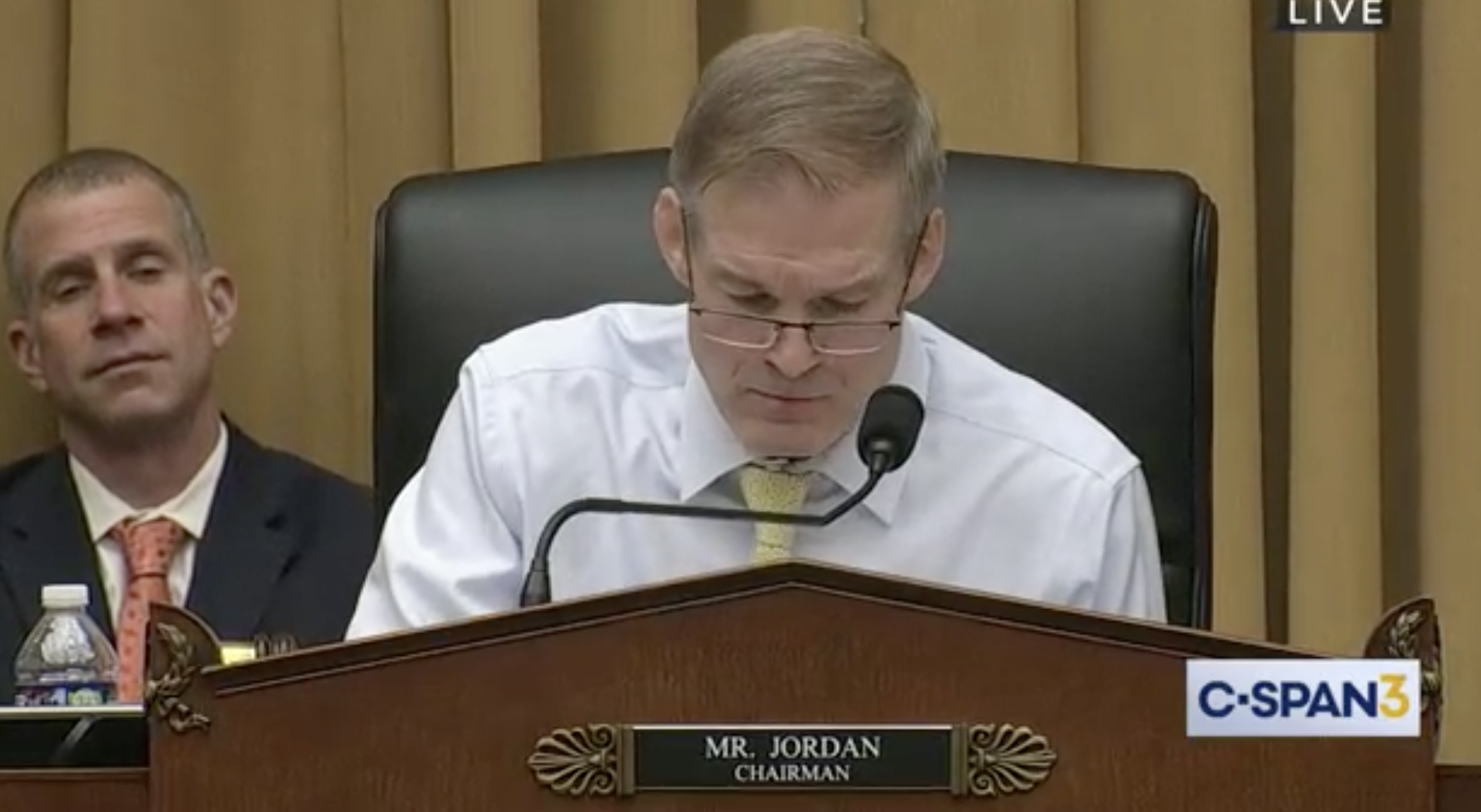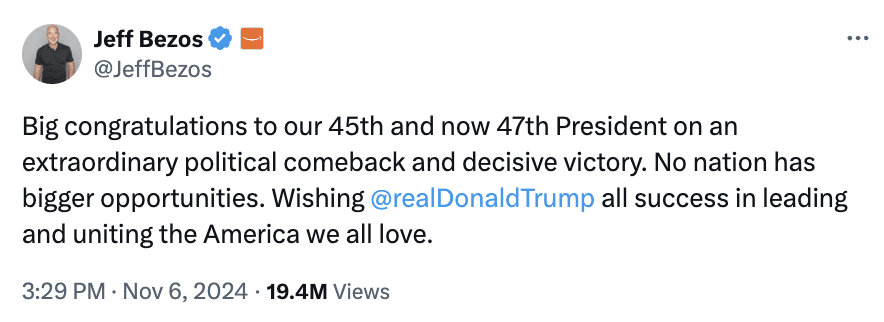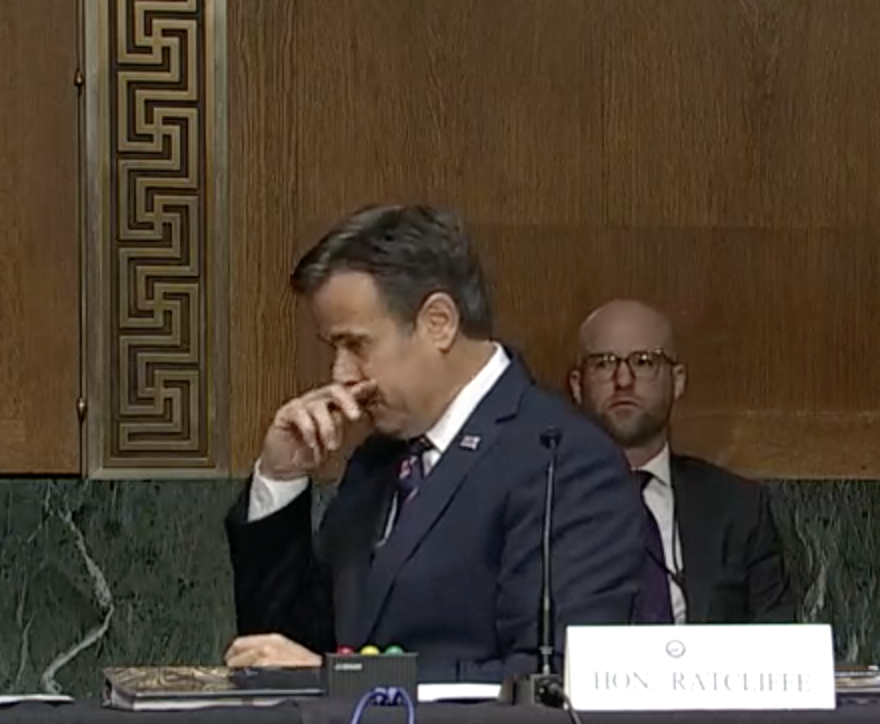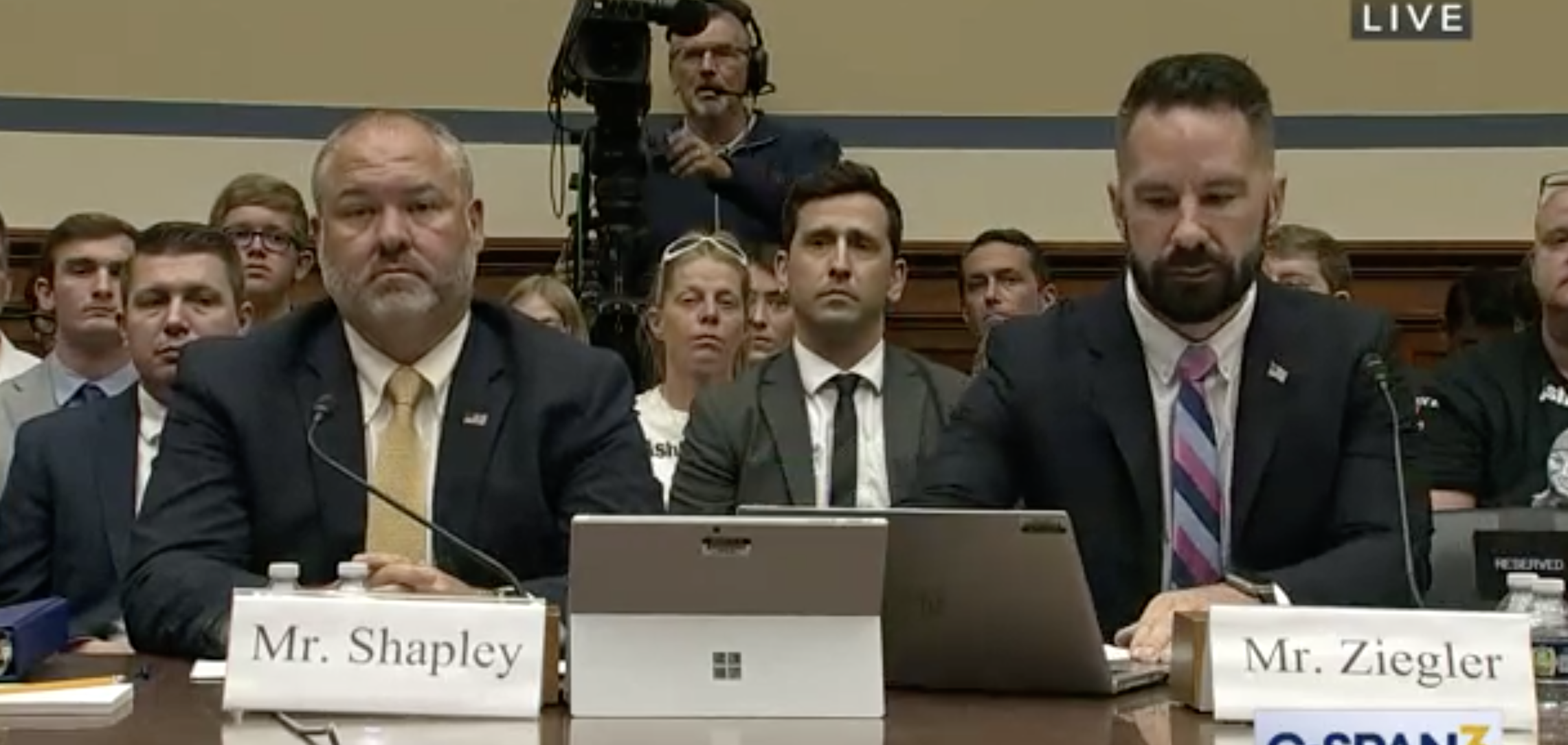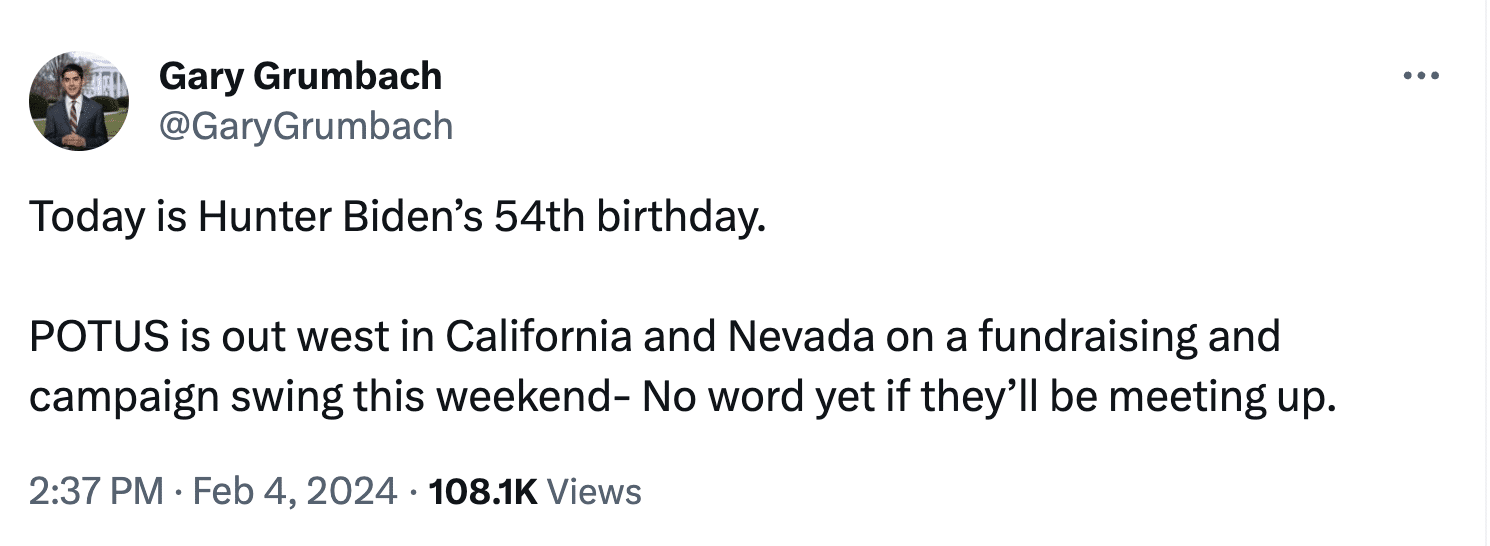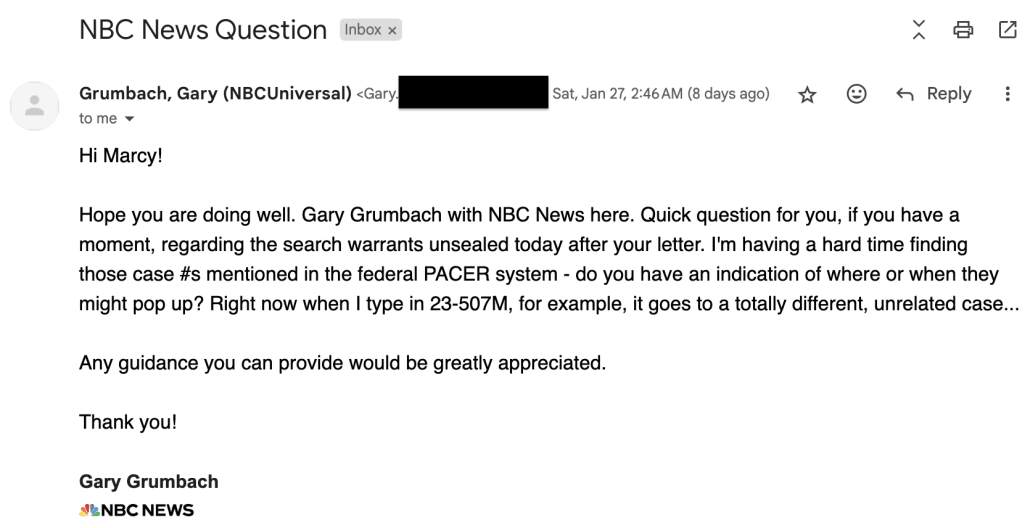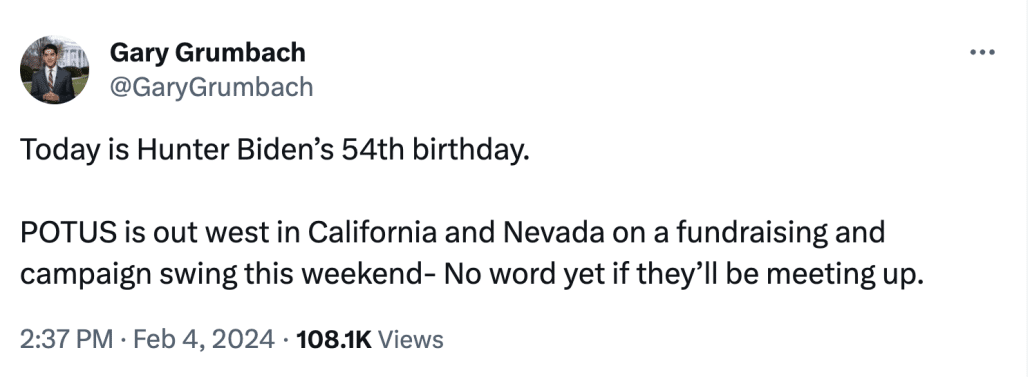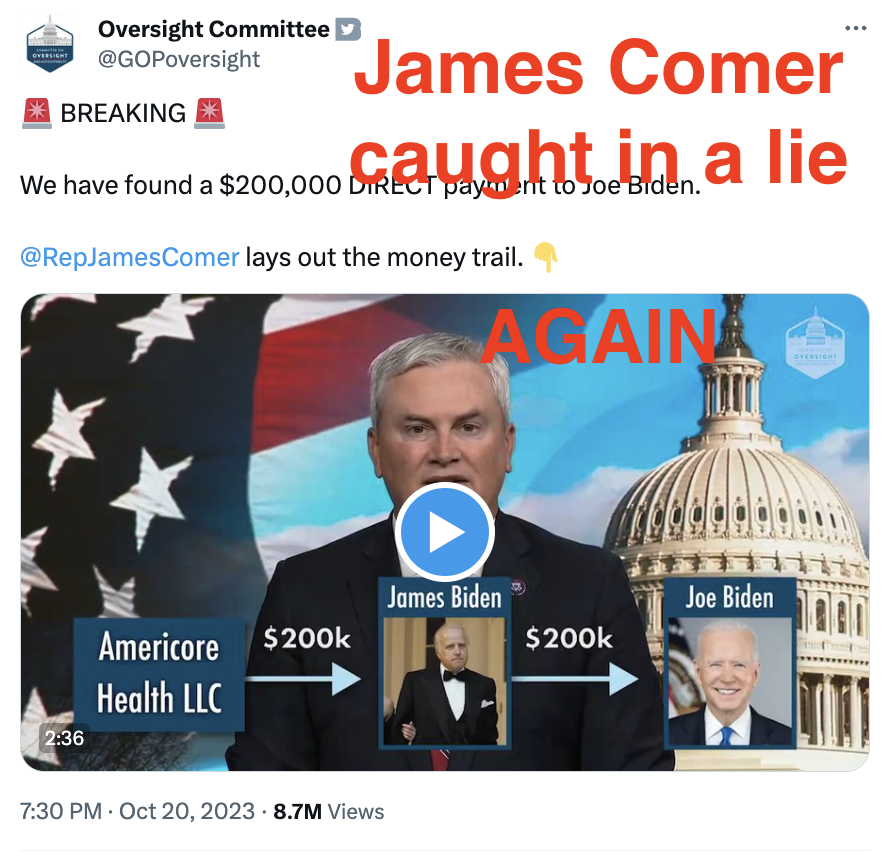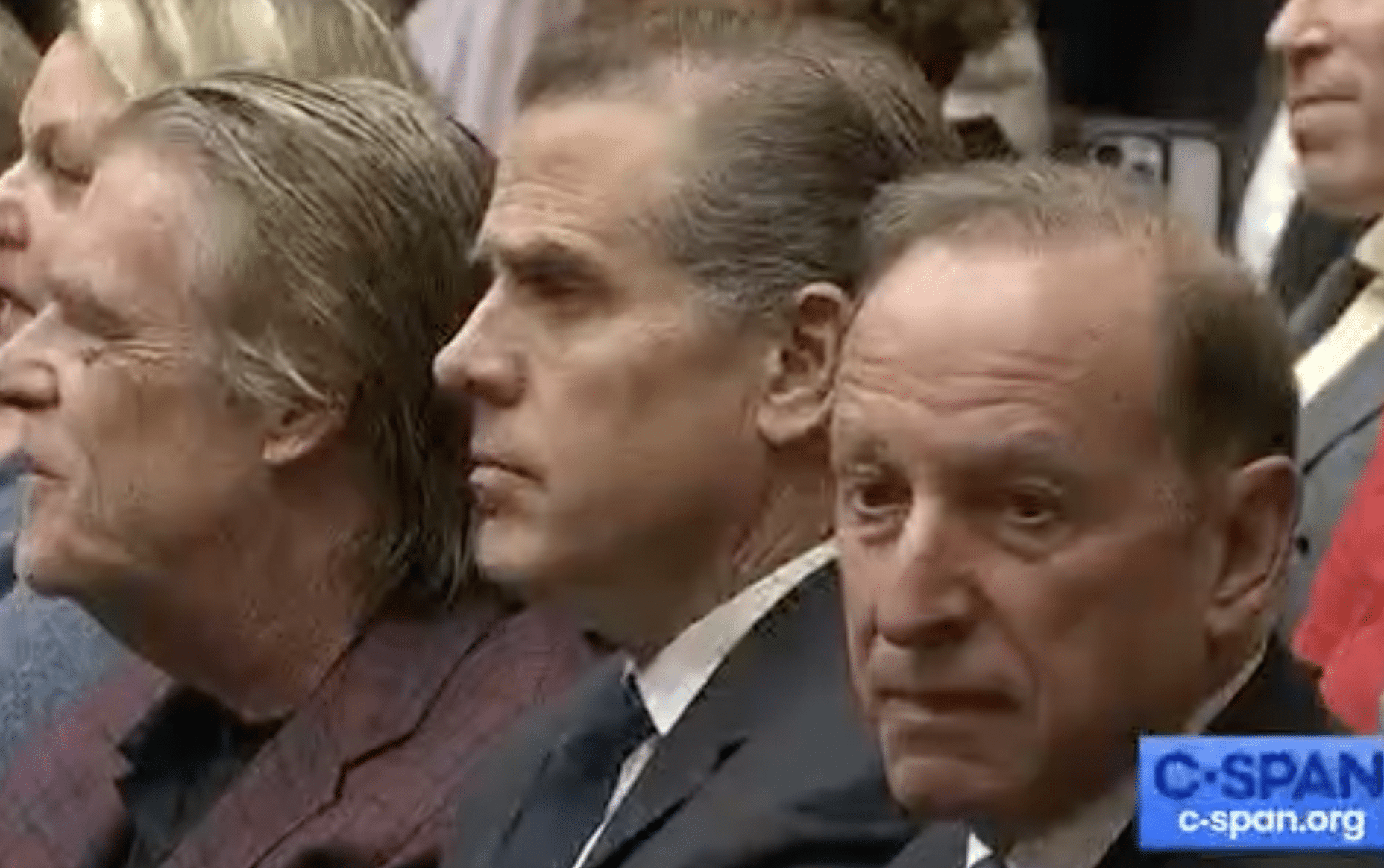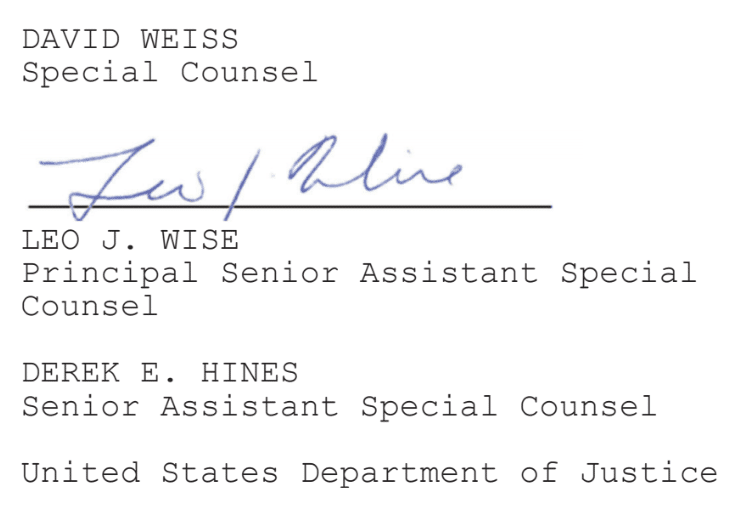The Orbanization of US Politics Began Years Ago
In this post, I posited a way of understanding the election. Where Kamala Harris and down ballot Democrats engaged in traditional politics, it worked (as exhibited by Harris’ better performance in swing states and the retention of at least four of the swing state Senate seats, among other things). But propaganda worked far better across the board (exhibited, in part, by the large numbers of disaffected voters who supported Trump because they believed false claims about his policies or were mobilized by propaganda campaigns stoking fear).
Since I wrote the post, the election results have actually gotten a lot closer. Trump won by a lower percentage of the popular vote than Joe Biden did (and only just cracked 50% of the vote), and like Biden, won by narrow margins in the states that mattered.
If I’m right about that dynamic — that politics worked but propaganda worked far better — then it means much of the post-election soul-searching is misplaced (and, indeed, a dangerous misallocation of focus). That’s because Harris lost, in part, because of media disfunction, because electoral choice became dissociated from political persuasion more than any recent US election, largely due to an assault on the press and rational thought.
All this builds on Fox News and other institutions of right wing propaganda — though, partly because of the Dominion judgment and partly because Pete Buttigieg had started to crack through that facade, that’s an area where Dems did important work.
It builds on the hollowing out of the traditional press that has been happened for years, as corporate raiders turn news into a profit center. Several things made that worse, this year. As WSJ reported the other day, social media referrals to legacy newspapers cratered last year.
This was a deliberate choice by gatekeepers to dramatically alter their function, from a referral service to a disinformation swamp. But it had an immediate affect on the readership of those legacy outlets and other services relying on them, effectively neutering their power. (One reason I recommend Bluesky over other Xitter alternatives is because Bluesky encourages outlinks.)
At the same time, the oligarchs who own those papers shifted their priorities in ways that would have more subtle impact on the coverage. WSJ, which has flourished in spite of the media environment, nevertheless fired a bunch of journalists in spring, targeting local news and, anecdotally, a certain profile of journalist. Jeff Bezos taunted WaPo’s reporters with their declining influence when he brought in Will Lewis, a Murdoch retread with a history of protecting the boss, and Will Lewis reveled in the kind of ethically problematic both sides journalism that chases manufactured scandals as much as GOP crime. Bezos taunted his journalists again when he declined to endorse Kamala Harris, only to issue a simpering congratulations once Trump won.
There’s still a lot to unpack about the turn of the oligarchs (I’ve left out their embrace of AI because I hope even they will soon have to concede that AI hasn’t replaced human workers but it has enshittified their product). But when a number of these things all happened in spring, I remember wondering whether all the oligarch owners had gotten together in a room and decided to make their product worse in an election year, all in the name of chasing different kinds of influence.
Partly, they’re trying to compete with podcasts. And while there’s a lot to be said for the authenticity of podcasts, it’s another industry driven by algorithms, and some of the key platforms cater to far right politics.
Before we turn to Musk, consider that Trump used manufactured grievances — including the goddamned Hunter Biden hard drive!! — from 2020 to bully Mark Zuckerberg in advance of the election. It’s unclear to what degree Zuckerberg’s efforts to depoliticize Meta stem from fear, from a desire for another tax cut, or from a genuine solidarity with his oligarch brothers. Whatever the motive, Threads was built not to replicate what Twitter used to be, yet it continues to be the destination for journalists exercising no critical thinking of what they need from a new social media platform. And Meta sold at least a million dollars in ad spending that violated Meta guidelines. Something led Zuckerberg to reverse his prior support for democracy, and it had a significant effect on the election.
Ah, Elon Musk. Perhaps his original motivation for buying Xitter was simply the imagined moral injury his ego suffered when Grimes ditched him to (briefly) date Chelsea Manning and his daughter, Vivian Jenna Wilson, transitioned (since the election, Wilson has announced she’s leaving the US for a country more welcoming to trans people). But the plan definitely took shape in the aftermath of January 6. It appears to have taken shape with the kibbitzing of Stephen Miller.
Musk — aided by David Sacks — played a key role in the kind of operation we see in the Viktor Orbán regime, but which happened in order to install Trump for a second term. By giving Substackers who were willing to misrepresent primary documents access to Xitter’s documents, Musk created a false narrative about moderation, pitching voluntary efforts to protect democracy as instead efforts to censor far right speech. That, in turn, gave demagogues in Congress the opportunity to create the appearance of substantiating that narrative with an investigation into the people who formerly moderated social media. This investigation resulted in legal costs and death threats to those involved — but only easily debunked propaganda reports that melt under the least scrutiny.
Nevertheless, those investigations have an enormous chilling effect. Paired with lawsuits against entities like the Stanford Internet Observatory, they disrupted most of the infrastructure attempting to limit disinformation on social media.
When Congressmen like Jordan and James Comer investigate, they aren’t bound by mere facts. They invent wildly. But with the help of process-oriented Congressional beat journalists, they still manage to tell their tales anyway. Such journalists report what Jordan and Comer said and who they’ve subpoenaed with almost no scrutiny of whether any of it makes sense. Those beat journalists are getting played.
This is precisely the kind of persecution of civil society at which Viktor Orbán has excelled. Many people are just beginning to think of what will come, but (as Renee DiResta, one of the targets of Jim Jordan’s wrath, keeps noting on Bluesky), what will come already started, years ago, and accelerated two years ago in earnest.
The election result significantly built on these prior Orbanization efforts. Certainly, Xitter became the cesspool of disinformation that researchers formerly combatted. Musk favored pro-Trump speech and seems to have throttled others (though some of Musk’s Terms of Service and API changes make it far harder to quantify). That favored speech includes his own, from the day he endorsed Trump.
And it wasn’t just the assault on moderation. Congress also targeted state and local prosecutors, the professionalization of the FBI, FTC Commissioner Lina Khan, any pushback on Elon Musk, and even government efforts to protect against Russian influence operations. The lawsuits against media outlets — even the embarrassingly frivolous ones launched by Devin Nunes, and the efforts to co-opt oligarch owners, also played a role. The Hunter Biden witch hunt, with its mythical foundation in the laptop that is not a laptop, its projections of corruption, the constant narrative it fed right wing propaganda (drowning out even Ron DeSantis’ bid to challenge Trump), was undoubtedly a big part of Joe Biden’s terrible approval ratings, and it is precisely what we’ll see all the time going forward.
We can’t assess the election without assessing the degree to which such efforts impacted the race. We sure as hell can’t discuss how to win the next election without thinking of how Republicans will work to further neuter liberal and nonpartisan civil society that protects democracy. Some of the biggest supporters for Kamala Harris will spend the next four years fighting to protect their professional lives and, in some cases, even their freedom.
The same disinformation researchers who’ve been evicted from safe university posts did their job in at least documenting what happened and in real time the press tracked what they were seeing (and what dedicated journalists found themselves). Next time, however, both the disinformation researchers and the press will be under more sustained assault (or, via their oligarch owners, cooptation), both via targeting their funding and creating more scapegoats to chill such work.
So if you want to think about the next election — if you’re optimistic enough to assume there will be a next election — you have to factor in the assault on civil society that has already started and will ratchet up in the next few years.

